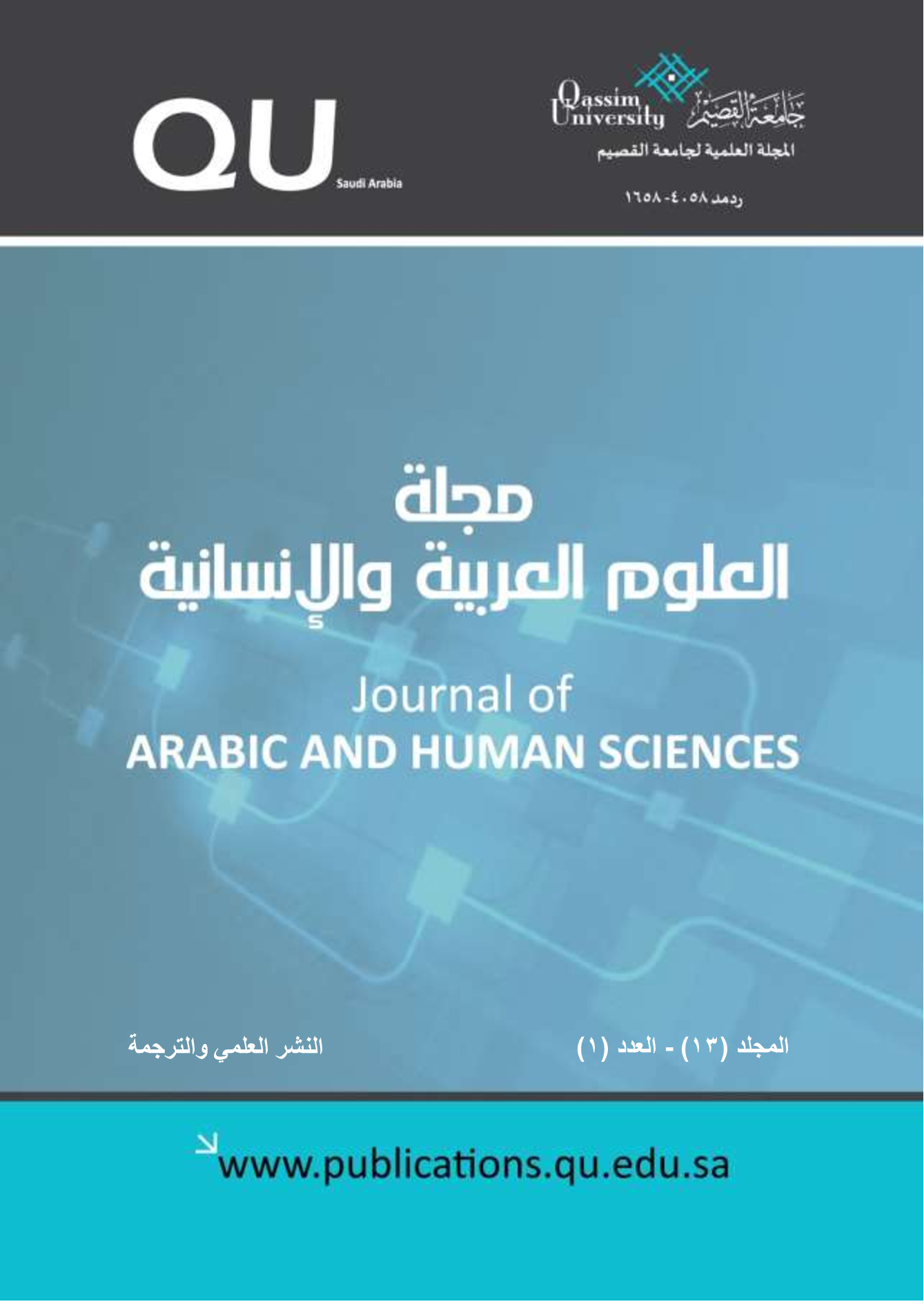Frequency Effects on Auditory Lexical Decision in Modern Standard Arabic
Abstract
Previous studies have shown that Word Frequency strongly affects spoken word recognition in various ways. Most of these studies computed Word Frequency based on written databases for languages in which written words closely match spoken ones. The present study investigates whether the Word Frequency effect still stands in Arabic, a language with a diglossic situation where the formal written discourse and spoken one are far from close correspondence. Using an Auditory Lexical Decision task, Arabic native speakers were asked to decide as quickly and as accurately as possible whether an orally presented stimulus was a real word or a non-word in Arabic. Results showed that subjects were affected by Word Frequency. They decided that high frequency stimuli items are real words faster and more accurately than low frequency ones. Implications of these findings to spoken word recognition of diglossic Arabic are discussed.

This work is licensed under a Creative Commons Attribution-NonCommercial 4.0 International License.


